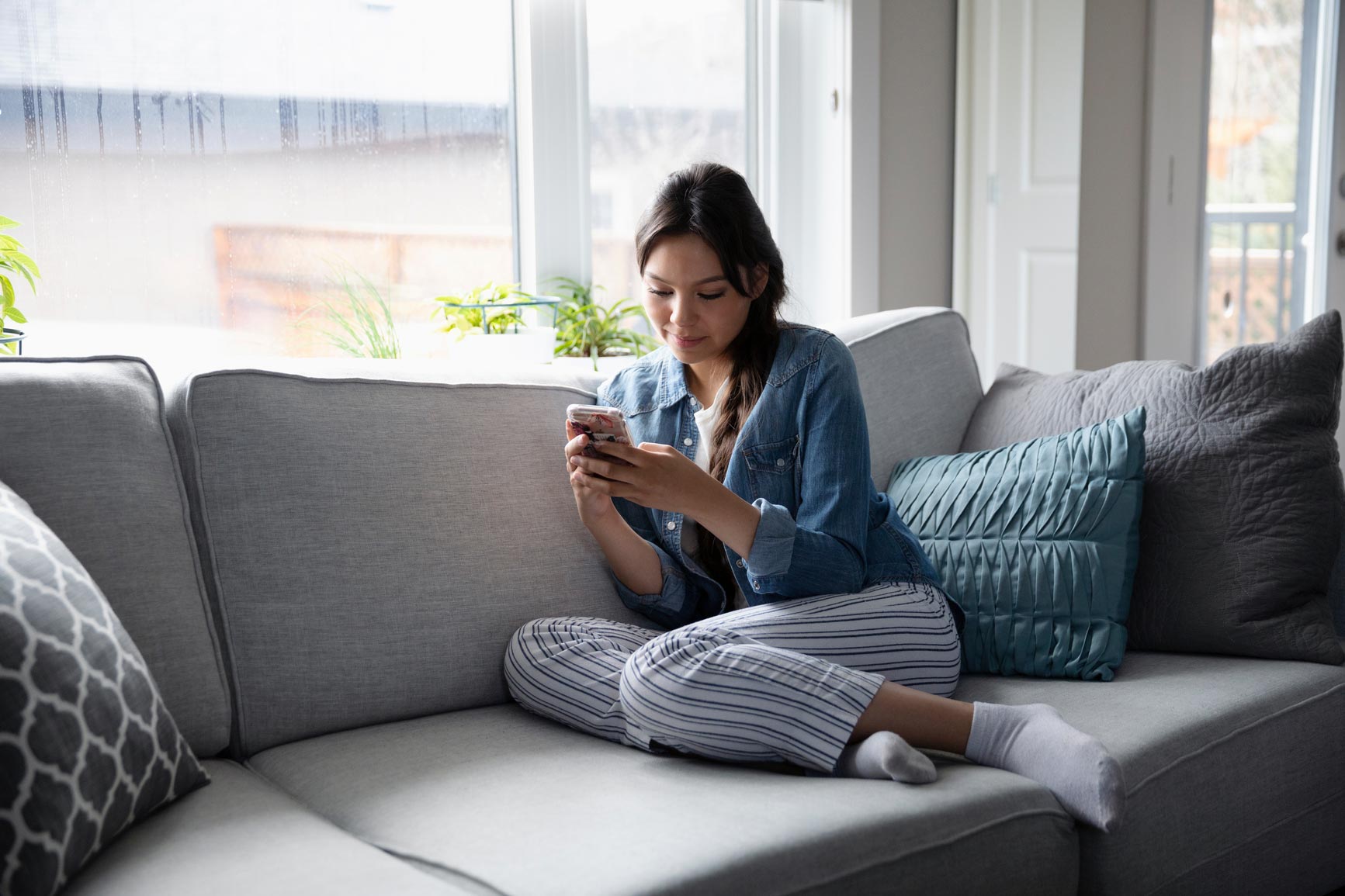By now, everyone is aware of the term “social isolation” in regard to the coronavirus crisis. Every medical authority, including WHO and the CDC, urges citizens in the US and other affected countries to stay inside whenever possible. And while this isolation strategy helps keep you physically safe, it can be psychologically harmful and lead to extreme stress, anxiety, and depression. And while social media has often been the target of much criticism, it can be a healthy way to stay connected during this difficult time.
Social Isolation or Physical Distancing
Although the coronavirus can survive for sometime on surfaces, the main form of transmission, according to Dr. Anthony Fauci, is via saliva droplets expelled by infected people. Social isolation means staying at least six feet away from other people when you do leave your home to get necessities, or some needed exercise, in order to avoid these droplets. These safeguards obviously limit the amount of socializing you can safely do.
Your life will be different while these containment measures are underway. Fortunately, you can take safe steps to combat the loneliness. You can call and text people, and you can turn to social media.
Technology Fights Isolation
Seniors and those with underlying health issues may have struggled with loneliness before this health crisis. Now, they face an even more limited social network. That’s why they should turn to social media. Although excessive use of this communication forum has been linked with negative impacts, it also offers positive benefits for many.
Video Help
Experts note that video sharing websites like YouTube or Vimeo can actually give users a sense of community. You can view entertaining video clips and share comments with others, some of whom can become online friends.
Traditional phone calls can help keep you connected, but video calls using Skype, Zoom, Google Hangouts or other similar services are more reassuring. You can see that your loved ones are well and even view their activities. Those things do much to mitigate fears and remind you that you are not alone.
Social Media
Sites like Facebook, Snapchat and Twitter are also invaluable tools for staying connected and informed. Much of the concern about using social media is that some people use it instead of getting out and socializing with others. Now that going out is not a safe option, positive social media connections are life-enhancing and offer a generally safe way to vent fears and receive reassurance.
You should, for the most part, stick to communicating with friends and relatives who are a positive presence. Exchange posts, direct messaging, and Instagram posts that are informative, hopeful and funny.
These sites also allow you to check in on others who may be isolated. This means that sick people will get both the medical care and emotional support they need. Watching out for others can also give you a sense of purpose that will make your own isolation easier to bear.
You will need to be vigilant because not everyone has good motives or shares accurate information. Remember, you can unfollow annoying people and ultimately block them if they harm your peace of mind. Only engage in social media exchanges that enhance your life.
We are in a difficult time, and things are not going to be normal for some weeks or months. You can make this physical isolation period more positive by reaching out to others through technology and social media. You are not alone. Someone is always listening, particularly online.







